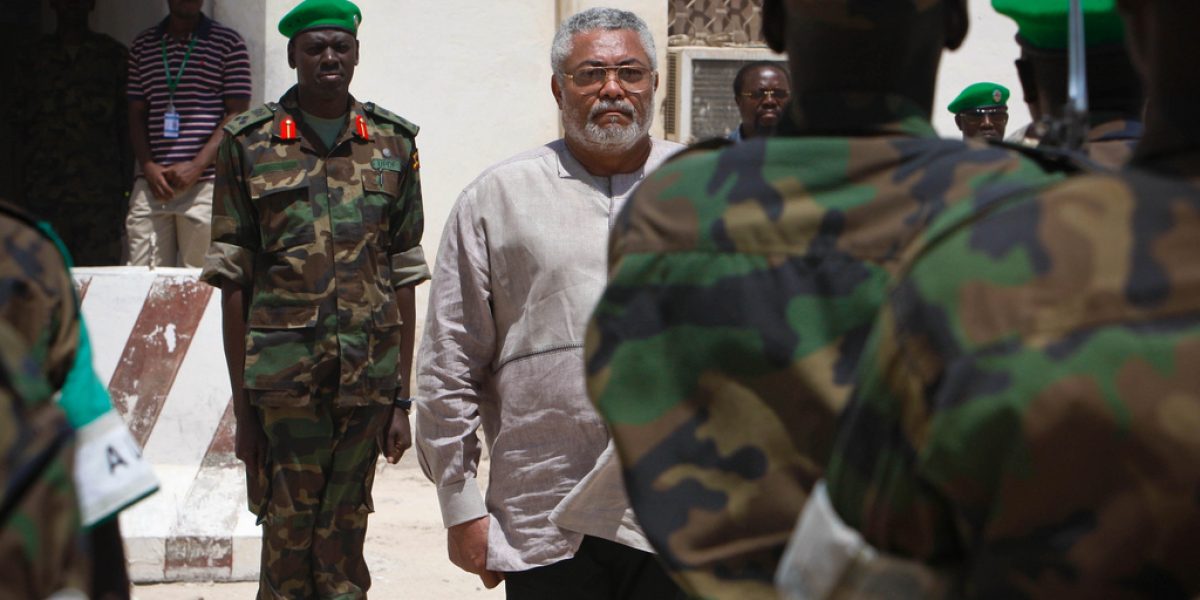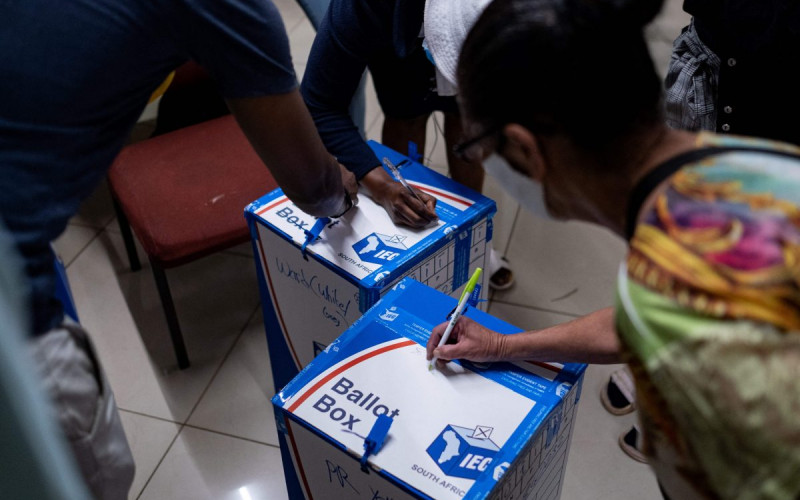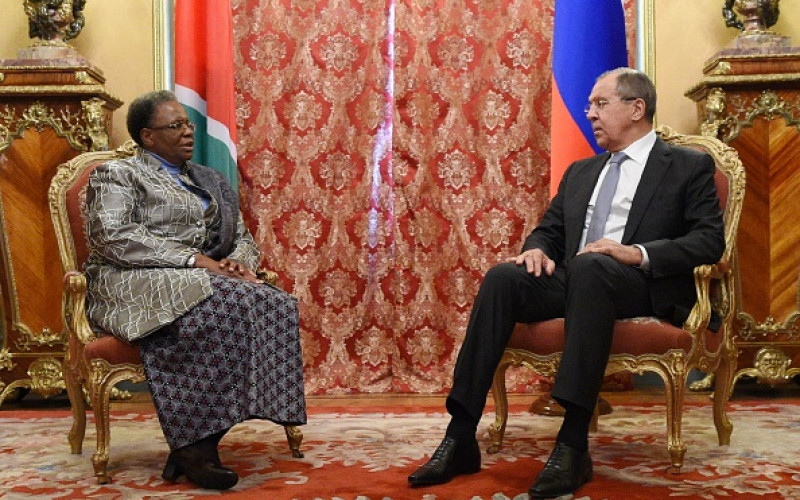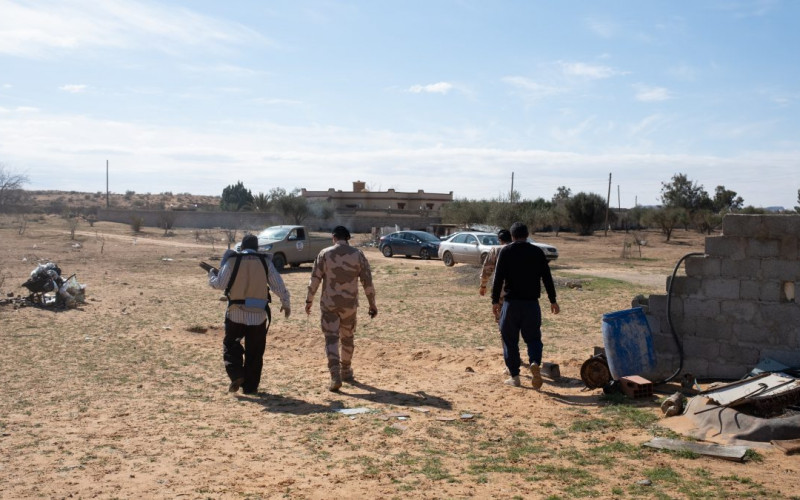Revolution may seem a bygone idea in the 21st century, but African suffering over deepening poverty and bad governance is more pervasive and intense than was inflicted in Europe at the dawn of the industrial age. Africa has had more military seizures of power than any other continent, which are often seen as manifestations of ethnic conflict or greed. But viewed from Marx’s vantage-point, they also can be seen as an indicator of severe discontent about the unfairness of political governance. They are an ultimate expression of lack of faith that political systems will address grievances and divide resources fairly.
Speaking recently at the South African Institute of International Affairs, former Ghana president Jerry Rawlings argued that his seizure of power as a young military officer in 1979 was a revolution against corruption. In his speech, reprinted in this edition in abridged form, Rawlings makes a compelling case that Africans must rethink the meaning and form of democracy and abandon the often repressive, centrally-dominated systems inherited from colonialism. He argues that Africa focuses too much on elections while ignoring or sabotaging the other institutions without which democracy has no soul or legitimacy. Whatever his shortcomings as a president, he has opened a debate that deserves serious attention, particularly as more countries embrace the African Peer Review.
This issue also looks at an innovative aspect of the Kyoto Protocol on climate change that offers interesting new financial options to Africa. Kyoto caps output of green-house gases in rich countries and embraces the idea of trading in carbon credits. Already, projects in South Africa are using this form of finance to turn gases emitted from garbage dumps into clean electricity.






